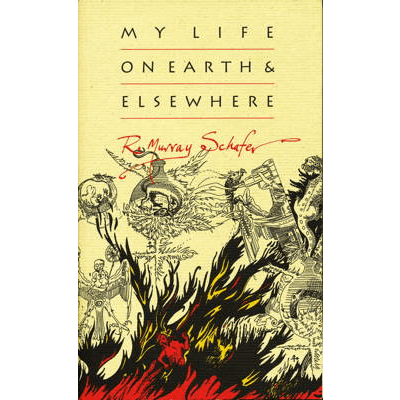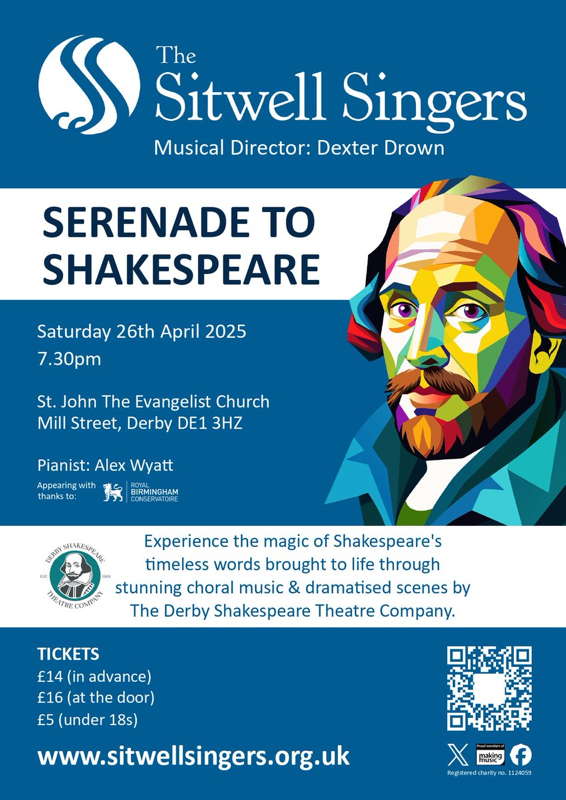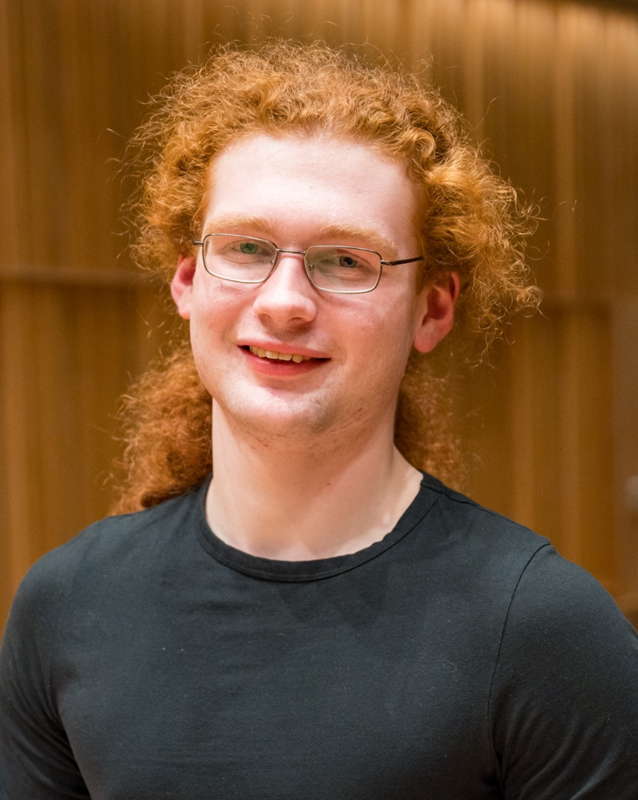- Dudley Moore
- Stephen Dodgson
- Ferris
- Vorisek
- Iberian and Latin American Music Society
- David T Little: Eleven Fragments for the Book of Dreams
- The Girl From Ipanema
- Ian Stephens: Clarinet Quintet
ARTICLES BEING VIEWED NOW:
- Vlado Perlemuter
- Carey Blyton
- Kent Kennan
- Renata Babak
- Excellence is Non-negotiable - Sandrine Erdely-Sayo, in her first article for Classical Music Daily, gives some advice to the younger generation
 SPONSORED: So Much, for So Many. R Murray Schafer's 'My Life on Earth and Elsewhere', read by A P Virag.
SPONSORED: So Much, for So Many. R Murray Schafer's 'My Life on Earth and Elsewhere', read by A P Virag.
All sponsored features >>
Serenade to Shakespeare
MIKE WHEELER has no complaints about the choral contribution to this inspired idea
'Serenade to Shakespeare' was an inspired idea. The Sitwell Singers, with pianist Alex Wyatt, joined forces with actors from Derby Shakespeare Theatre Company to celebrate Shakespeare's birthday - St John the Evangelist Church, Derby, UK, 26 April 2025. Settings of his lyrics were placed in the context of relevant excerpts from the plays, with numbers from Purcell's The Fairy Queen (adapted from A Midsummernight's Dream) providing an overall framework. Vaughan Williams' Three Shakespeare Songs were also threaded through the programme, in reverse order to fit the different contexts. Other composers ranged from Shakespeare's contemporary, Thomas Morley, to Howard Skempton and Bob Chilcott, via Fanny Hensel (Mendelssohn) and Rebecca Clarke.

The Sitwell Singers were on excellent form throughout, launching the programme as a lively bunch of fairies in Purcell's 'Scene of the Drunken Poet', with Chris Motley's poet more maudlin than roaring. A sequence taken from A Midsummernight's Dream included the scene of Titania lying down to sleep in her bower, with the choir making Purcell's 'Hush, no more' a magical lullaby.
Scenes from Twelfth Night and Henry VIII brought Toby Belch and his cronies on stage, providing a context for Morley's O Mistress Mine, in Percy Grainger's effective choral arrangement, though he plays fast and loose with some of Morley's rhythmic values. We also heard Clarke's deeply-felt A Lover's Dirge, setting 'Come away, death', and Skempton's counter-intuitively chorale-like Orpheus with his Lute.
Prospero's great speech of renunciation from The Tempest provided the context for Vaughan Williams' 'The cloud capp'd towers', but also, oddly, John Tavener's Song for Athene – mesmerisingly sung, but its text is mostly from the Orthodox liturgy, plus a line from Hamlet, the evening's only reference to the play.
A short scene from As You Like It began the second half, bringing Hensel's jolly Unter des Laudbachs Hut, setting a German paraphrase of 'Under the greenwood tree'; a happy discovery, but I'm sure many in the audience would have appreciated the title being translated in the printed programme.
Lorenzo and Jessica's moonlit reverie from Act V of The Merchant of Venice brought the evening's major work, Vaughan Williams' Serenade to Music. While some early passages could have taken a little more pace, the work had all its usual magic, building to a fine climax, and melting away at the end. In two more passages from The Tempest, we heard Chilcott's pacy The Isle is Full of Noises, with its teasingly abrupt ending, and Vaughan Williams' 'Full fathom five', in which the composer's astonishing vocal bell-sounds resonated superbly.
Finally, it was back to A Midsummernight's Dream for Shakepeare's epilogue, and Purcell's concluding choruses, ending with the celebratory 'They shall be as happy'.

Alex Wyatt
So no complaints about the choral contribution, but in other respects, the evening was something of a missed opportunity. Without a firm, overall directorial hand, the acted scenes did not come across as strongly as they might have done. It was hard to hear some of the actors, and they all needed to be miked up – unamplified speaking voices rarely carry effectively in most church acoustics, including this one. The printed programme simply listed the Shakespeare excerpts by title, act and scene; additional brief descriptions, identifying the characters and summarising the action, would have been helpful. And not least, the restricted performing area, requiring the singers to move aside each time for the actors, often seemed to hamper the flow from one item to the next. A venue with a more open space would have suited the concept better.
Copyright © 2 May 2025
Mike Wheeler,
Derby UK



